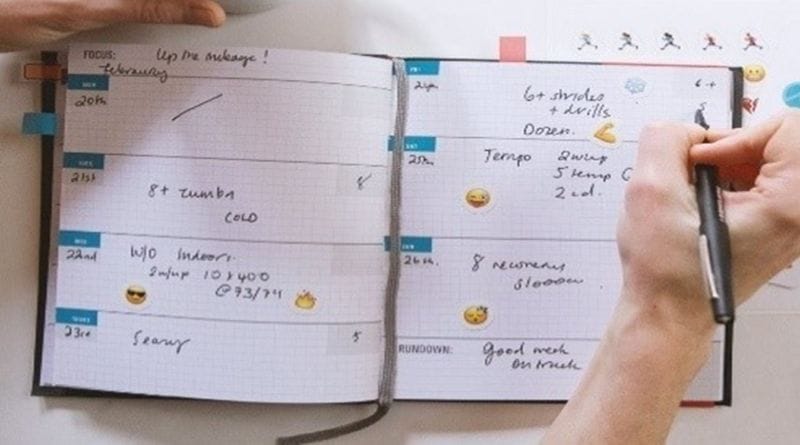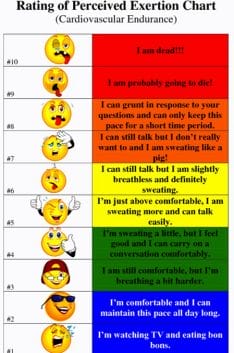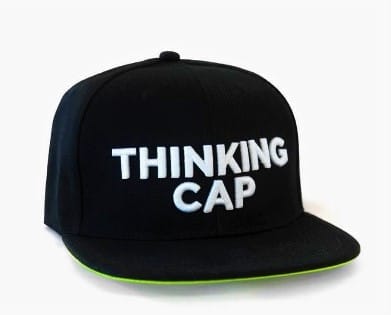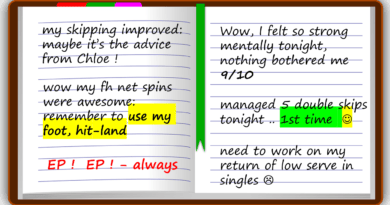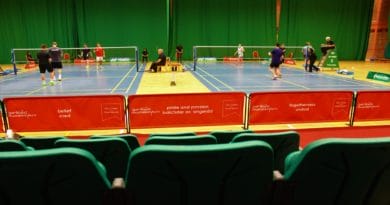6 Ways to record things in your training diary
1 Do you use one?
2 The obvious
3 What’s your daily mood
4 Perceived effort level (RPE)
5 Immediate thoughts
6 Future thoughts
1 Do you use one?
Can you remember what you did over the last 3 training sessions, how you felt and if you are progressing? If you can you have a good memory, many players and coaches can’t. But, can you remember what you have done over your last 10-30 sessions, I doubt anyone can.
Invest 5-10 minutes at the end of every day to record a few notes and pointers about the things you did that day that will contribute towards your badminton development, on and off the court. It’s a habit that could pay off!
My preference is to use a notebook and pen. Some players also use mood stickers (more of that later) and also coloured pens to separate important categories helping for quick reference later. Whatever you decide, keep it close, in your bag or next to your bed.
2 The obvious
Record what happened in your day both on and off court, in the gym, in your life if you want. Anything that affected you, be as specific as you want but keep it all to one page. I recommend these headings
Date Day mood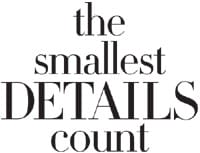
Activity Title Training feeling
Activity Description Effort Level (RPE)
Training thought Future thoughts
Try to be brief and specific when describing the actives:
- 2 hrs training on court: RTH technical with variations, match play 1hr
- 20 min run outside RPE 8-9, (3 miles) or RPE 5 (2 miles)
- 1 hr gym: body weight circuit ‘A’, 20 mins on treadmill RPE 8
- 30 mins stretching and gym ball work RPE 4-5
If you want to go into more detail you can record your heart rate when you wake up, some people believe that its an indicator of your state of health and stress; I will leave you to research that. Others note how they slept the previous night, feeling that the quality of the sleep is a good indicator of how they will perform physically that day. I think it’s more likely to get you in the habit of ensuring a good night of sleep each day.

3 What’s your daily mood
Use a smiley face emoji to quickly represent each of your activities, how you felt during the day, how you reacted to a new challenge, the list is endless. It is a simple way to reference how you felt without the need for lots of words.
When you review the past month it is always interesting to see which face has represented your moods. If there are too many ‘sad’ faces then maybe you need to adjust your training or lifestyle. Remember, happy thoughts often equate to positive training outcomes. It all a matter of how you see things.
I recommend that you use stickers, buy yourself several sheets and make the task even faster and simpler or
4 Perceived effort level: Rate of Perceived Exertion (RPE)
The RPE scale is a common method for determining exercise intensity levels that you experience during a training session. The measure is how YOU feel and how hard you feel your body is working.
The RPE scale runs from 0 – 10. The numbers relate to phrases used to rate how easy or difficult you find an activity.
A workout may require you to run at a ‘medium’ pace, but that may differ from person to person, so set a level of 7. You will find it’s a good way to increase your endurance and not blow yourself out. Alternatively, a hard singles session or sprint workout should be around level 9, you are unable to talk within 30 seconds when finishing.
It can also be adapted to use in the gym when lifting. Record the difficulty in terms of effort onside the sets, reps and Kg.
The scale would be :
0 = easy & minimal effort,
5 = tough during the last set only, all previous sets were comfortable
7 = tough during the last few reps of every set with the last set being the hardest to complete
9 = nearly all reps feel hard and each set is only just completed
5 Immediate thoughts
Use the training log to record your thoughts straight after the session, included your emotions if you want, it’s your log. Record whatever you want before you forget them. Either whilst you are cooling down or eating once you are at home.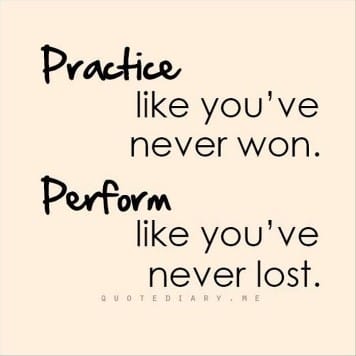
You might also want to write down how you felt during the session
- “my backhand has really improved”
- ” the last set of sprints killed me”
- “I felt so strong mentally tonight, nothing bothered me”
Then add some general notes
- “need to work on my return of low serve in singles”
- “lower back is sore after that defensive multi session”
- “cant seem to get my BH xc blocks over all the time: remember grip change!”
Thoughts that intrigue or surprise you
- “wow my fh net spins were awesome: remember to use my foot”
- “why has my skipping improved?: maybe it’s the advice from Chloe
- “I think I really prefer 1 shuttle work with decisions where I can hit winners”
6 Future thoughts
These are important and allow you to set future goal. You can take away the immediate pressure of that week and identify goals or targets for the next 4 weeks, or write notes about your future self. Identify the aspects you need to improve or the things you would like to work on. They need to be related to the training that day but they don’t need to be achieved immediately.
- “I want to feel stronger in my lunges; time for leg work in the gym”
- “Need to find someone to show me new net spins”
- “I need to achieve level 12 on the bleep by February next year”
- “must talk to me about my diet and finds ways to eat immediately after training; so hungry !”
Share it with your coach or trainer. If you work under the guidance of a trainer it can be helpful for him or her to go over your notes from time to time. Work with your coach/trainer and help them understand how you are responding to the sessions or gum programmes. Let them see what your goals/targets: medium (4 – 8 weeks) or the season goals.
Progression can be enhanced by being able to review what you did last week / last month. If you are an emotional player who experiences negative (doubting) thoughts then knowing that you have previously recorded improvements in your own words should serve as a positive reminder.

